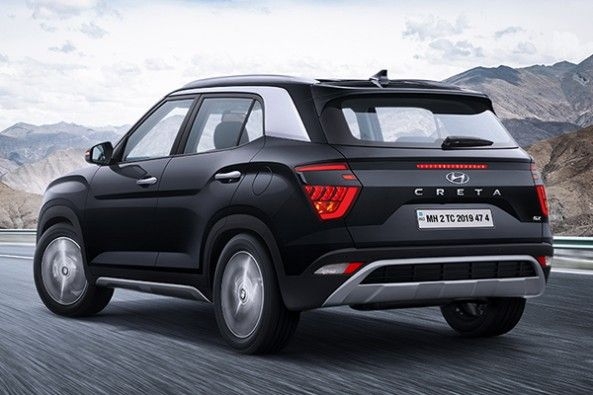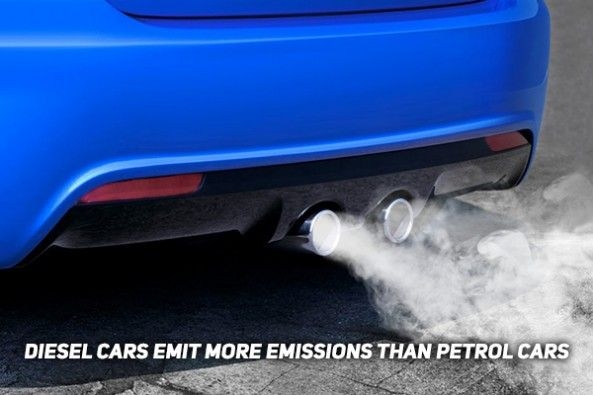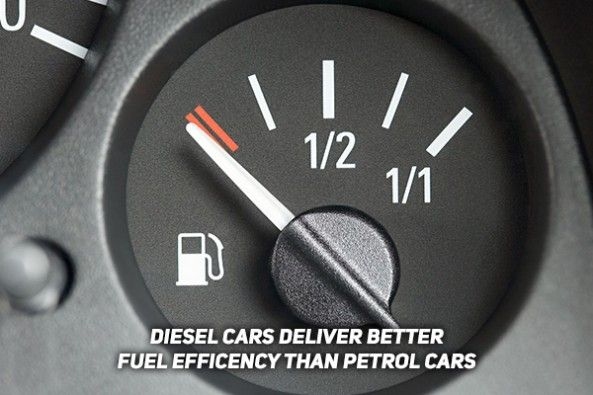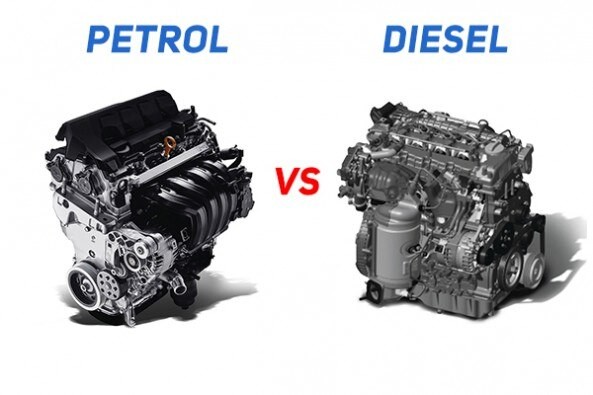Automobile experts have always put forward the view that short stroke engines are good in churning out good power. On the other hand, long-stroke engines work at low RPM and deliver good torque. The petrol engine is a short-stroke one with more power output in comparison to the diesel engine which has a long stroke as it needs more compression to deliver output. In short, petrol delivers more power while diesel engines churns out more torque. For city commuting, petrol-powered cars are better while diesel fueled cars are suited for long-distance driving. High torque gives out good acceleration and maneuverability on roads which is efficiently possible with diesel-powered vehicles.
Diesel cars deliver better fuel efficiency in comparison to petrol-powered ones. Let’s take the example of
Hyundai Creta Facelift, as per the table given below it is clear that the diesel model will return better mileage in comparison to petrol.
Maintenance and Servicing
Buying a car is a one off-event but one must always look at the total servicing and maintenance costs. When we talk about regular service intervals, then diesel engines fall more expensive to maintain in comparison to petrol. Further, a diesel powerplant is always subjected to tough conditions like high pressure, greater compression ratio and extreme temperatures because of the fuel’s properties. As a result, the diesel powertrain is exposed to heavy wear and tear which could lead to components giving way. Replacing these parts are costly in comparison to petrol generally.
It is cheaper to manufacture a petrol engine while making a diesel unit is on the expensive side. Take the example of Maruti Suzuki, it has not launched a diesel-powered car since India moved to the new stricter BS6 Emission Norms. They have gone with petrol ones so far as it was quite expensive for the manufacturer to bring diesel models. Diesel vehicles are always expensive in comparison to petrol models if we see the difference in prices of different cars selling in India.
Resale Value
As per the data available at Droom, diesel vehicles have a better resale value in comparison to petrol-powered vehicles. It would vary from model to model but generally, diesel vehicles are much in demand on our e-commerce platform.
Environmental Impact
Diesel fuel contains more carbon (2.68kg CO₂/litre) in comparison to petrol (2.31kg CO₂/litre). Surprisingly, CO₂ emissions of a diesel car are lower than the petrol one. Roughly, it means emissions stand at 200g CO₂/km for petrol and 120g CO₂/km for diesel. Earlier, the diesel engines were known for creating pollution, but it has changed considerably with tighter emission norms like the BS6. Modern diesel powertrains are lighter, technologically advanced, and efficient if we compare it to their predecessors.
Petrol- and diesel-powered cars continue to thrive in the Indian market with new and established brands launching new models in 2020.. Diesel cars work better for individuals who travel long distances on a daily basis. If you are travelling around 30-40 km daily, petrol cars would suit you better. At the end, the above points should help you to make the right decision given that it would all depend on what your actual requirement is a petrol or a diesel.









